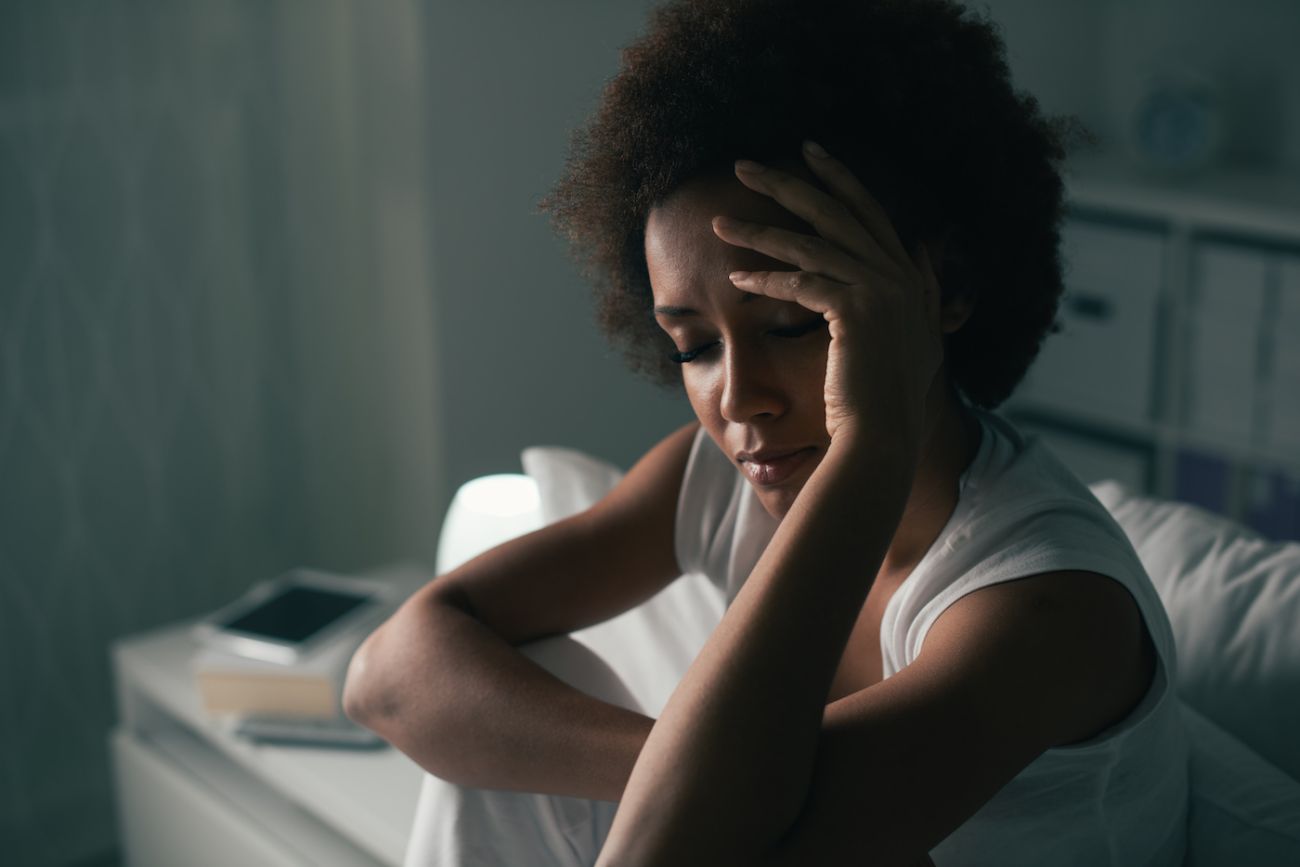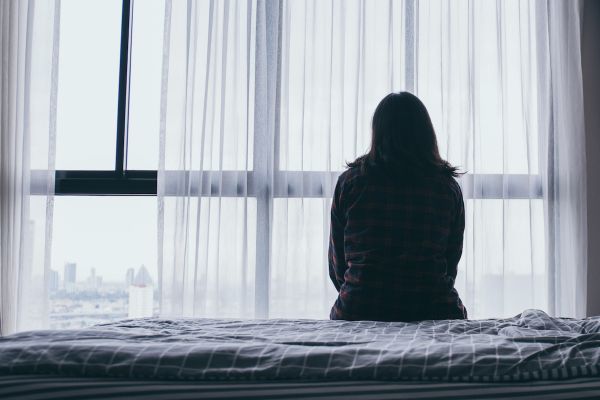New study to evaluate strategies for reducing insomnia in cancer survivors
Are you having trouble sleeping? Cancer survivors often have difficulty falling and/or staying asleep, and chronic sleep disturbances can continue long after a patient’s cancer treatment ends. As many as 40% of cancer survivors have sleep problems years after they complete treatment.
We know that poor sleep can have negative effects on your health and well-being, yet there is little research on how to effectively reduce insomnia in cancer survivors. A new study conducted by Roswell Park Comprehensive Cancer Center and the State University of New York at Buffalo School of Nursing aims to learn whether a behavior-based program can help provide better quality sleep. The team is currently enrolling participants to evaluate two interventions: a healthy eating strategy and a brief behavioral treatment.
What’s involved?
Participants in the study will complete a survey about their sleep, mood and quality of life. They will be randomly assigned to one of the two interventions. Next, participants will meet with the study’s nurse interventionist for an hour on Zoom or in person, followed by two brief telephone therapy sessions during the following two weeks. Participants will complete the survey about their sleep, mood and quality of life again after one month, three months and 12 months. A small token of appreciation also is provided.
Who is eligible for this study?
Participants must be at least 18 years old, have issues with poor sleep and be a survivor of colorectal, lung or prostate cancer. For more information, please contact Karen Larkin, FNP, MS, RN at 716-829-3405 or email Karen.Larkin@RoswellPark.org.


